

In the fast-paced world of digital marketing, staying ahead means having the right tools at your disposal. As we look toward 2025, keyword research tools continue to be a cornerstone for any successful SEO strategy. These tools help you identify the right keywords to target, understand search volume trends, and analyze the competition. Let’s explore the best keyword research tools for 2025 and how they can enhance your digital marketing efforts.
Keyword research is the backbone of SEO. It involves finding the words and phrases that people use to search for information online. When you understand what your audience is searching for, you can create content that meets their needs and ranks well in search engines. Keyword research tools make this process easier by providing data on search volume, competition, and more.
With numerous options available, choosing the right keyword research tool can be overwhelming. Here are some of the best tools to consider in 2025:
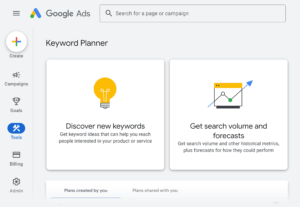
Google Keyword Planner remains a staple for keyword research. As a free tool, it offers insights directly from Google, the largest search engine. It provides data on search volume, competition, and suggested bid prices for PPC campaigns. While it may not be the most comprehensive tool, its integration with Google Ads makes it invaluable for advertisers.
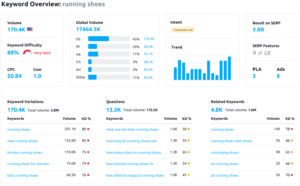
SEMrush is a powerful tool that offers more than just keyword research. It’s an all-in-one digital marketing platform that provides insights into SEO, PPC, social media, and content marketing. SEMrush’s keyword research tool provides detailed reports on search volume, keyword difficulty, and competitive analysis.
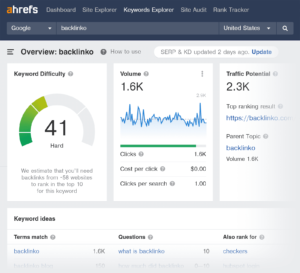
Ahrefs is renowned for its extensive backlink analysis, but its Keywords Explorer tool is equally impressive. It offers a robust keyword research experience with data on keyword difficulty, click potential, and search volume. Ahrefs also provides insights into the top-ranking pages for each keyword, helping you understand what it takes to rank.
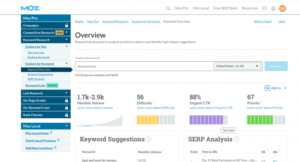
Moz Keyword Explorer is another excellent tool for keyword research. It provides a range of metrics, including search volume, keyword difficulty, and organic click-through rate. Moz also offers a unique “Priority Score” that combines multiple factors to help you prioritize which keywords to target.
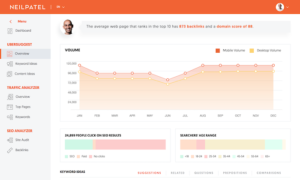
Ubersuggest, developed by Neil Patel, is a user-friendly tool that provides a wealth of information at an affordable price. It offers data on search volume, competition, and keyword suggestions. Ubersuggest is particularly useful for beginners due to its simple interface and clear reports.
KWFinder by Mangools is a tool known for its ease of use and accurate data. It helps users find long-tail keywords with low SEO difficulty, making it ideal for targeting niche markets. KWFinder also offers insights into search trends and SERP analysis.
AnswerThePublic is a unique tool that visualizes search queries. It helps you understand what questions people are asking around a particular keyword. This tool is particularly useful for content creators looking to address specific user queries in their articles.
With so many keyword research tools available, how do you choose the right one? Consider the following factors:
Keyword research tools are indispensable for any digital marketing strategy in 2025. They help you understand your audience, create targeted content, and improve your website’s search engine ranking. Whether you’re a seasoned marketer or just starting, investing in the right keyword research tools can make a significant difference in your SEO success.
As you explore the options, keep in mind your specific needs and goals. The right tool can help you uncover valuable insights and stay ahead of the competition, ensuring your content reaches the right audience and delivers results.
Leave a comment